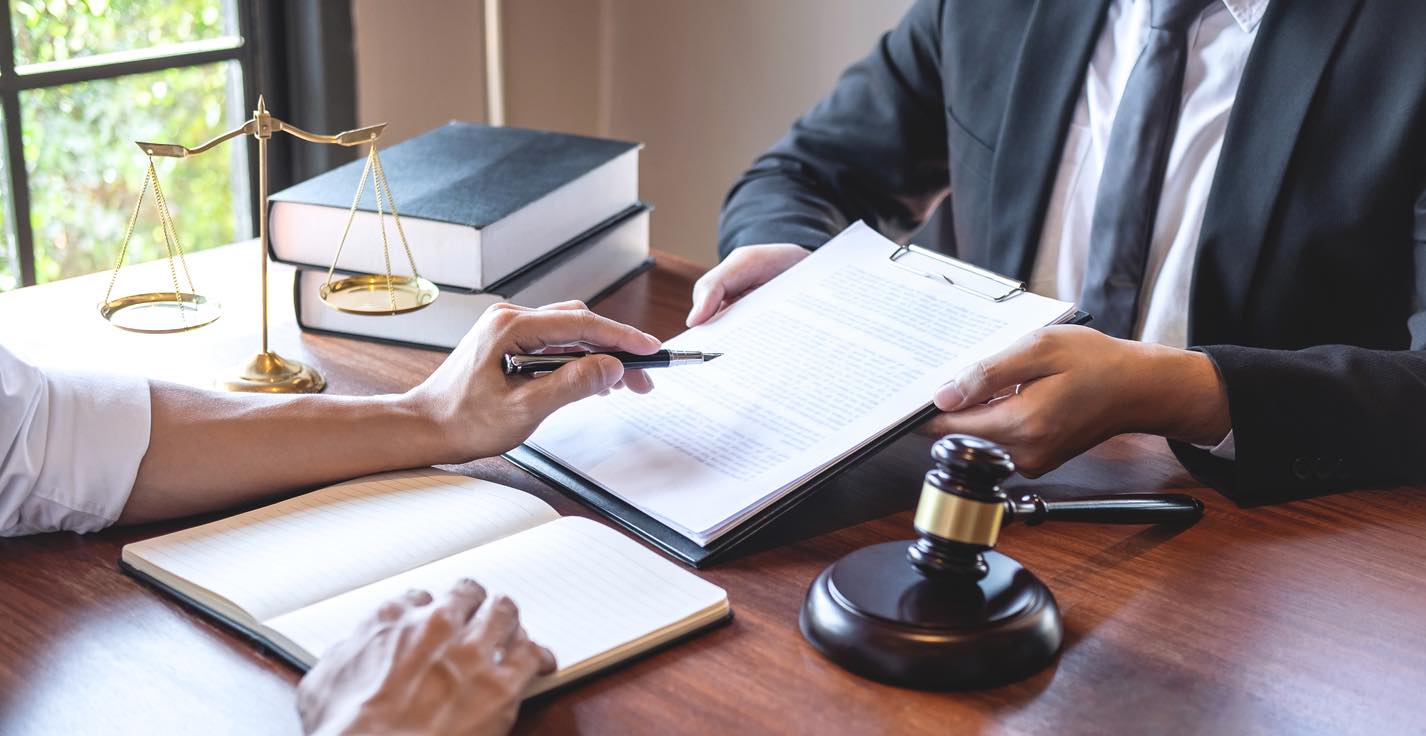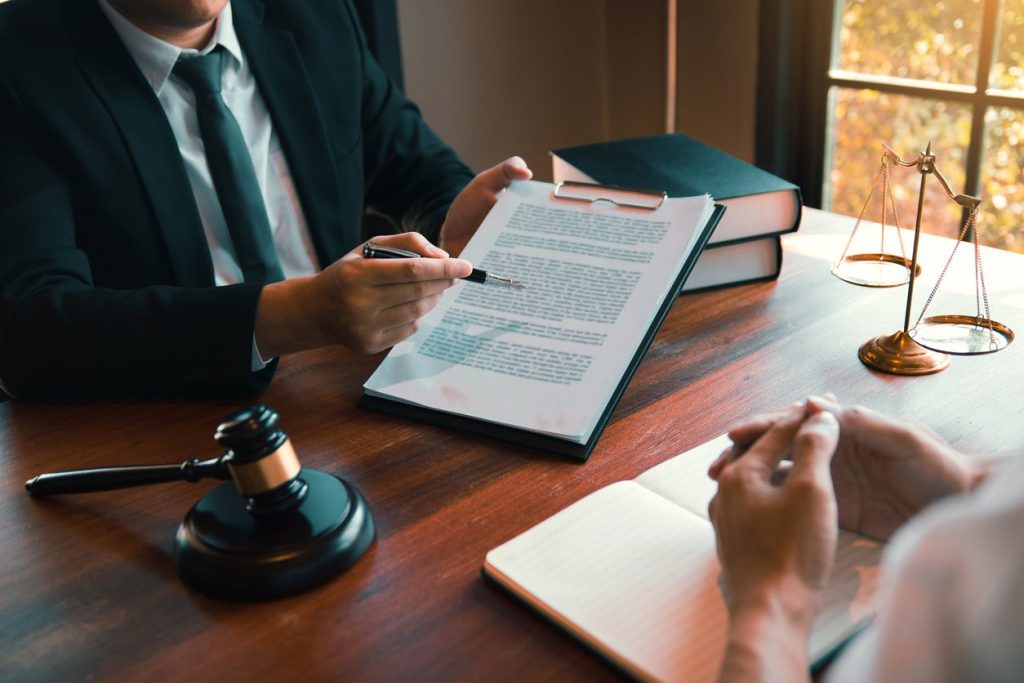Alberta criminal lawyers, know that criminal acts can carry serious consequences. Sometimes they may be minor offences, but in other cases, criminal charges and convictions mean you will have a criminal record and criminal license suspension for years after the criminal conviction has been resolved.
This blog post reviews the details of an Alberta driver’s license suspension and how long it is expected to stay on your criminal record.
Potential Punishments of a Licence Suspension
In Alberta, the province’s Transportation Act states drivers lose their licenses for a minimum of one month if they are guilty of certain offences. Once you have been charged under the act and found guilty, your license suspension begins immediately. You can’t drive while suspended unless you call a towing service to remove any immobilizer on your vehicle before going out onto public roads again.
The following is a list of offences that will result in you losing your license:
- Any Criminal Code offence – impaired or dangerous driving – refusing a breath test or blood sample If you’re convicted of a Traffic Safety Act offence committed about an accident when someone is injured or killed Driving without insurance An unpaid fine from any previous conviction Under section 8 of the Transportation Act, a driver has 60 days from the date of his sentence or verdict to file an appeal.
- In addition to criminal statutes, drivers lose their licenses if they accumulate 20 demerit points during 12 months under Alberta’s Driver Improvement Program. However, criminal charges and criminal convictions can significantly impact your ability to drive than traffic violations that only result in license suspensions or fines. You’ll be required to appear before a civil court if you receive a criminal charge as well as deal with criminal law penalties such as jail time, hefty fines, and probation after you’re convicted for impaired driving. In some cases, those penalties can make it more difficult for you to get affordable car insurance once your suspension ends.
- For criminal offences involving impaired or dangerous driving, you’ll have more rights for an appeal if your license suspension has begun before the criminal trial. The law allows you to delay your criminal proceedings if your license was suspended after you received a notice of suspension but before the criminal charge was filed against you. If that’s the case, then an appeal on your driver’s license suspension must first be heard by the Alberta Transportation Safety Board before you go to court for criminal charges.
- Once convicted, drivers can often avoid further penalties if they participate in approved programs such as counselling and rehabilitation courses at their own expense for between one and five years, depending on their criminal record. For example, those with no previous criminal convictions face up to two years of restrictions. They cannot drive between midnight and 5 a.m., possess any firearms or operate a boat without supervision, while those with criminal records face more severe penalties of up to five years in some instances.
How Long a Licence Suspension Stays on Your Record?
Advertisement
The criminal code driving offence’s criminal license suspension period starts from the criminal conviction date and not necessarily when a criminal charge is laid. In most criminal code driving convictions, there is no automatic right to an appeal of a criminal records suspension – meaning that once you have been convicted, you will have to wait out the entire length of any criminal license suspension set by the court or by an officer acting on behalf of Alberta Transportation or ICBC.
Even if you don’t have criminal convictions on your driving record, your license suspension will stay on file for three years from the date of the incident that led to your suspension rather than just one year. However, criminal charges can remain on your driving record indefinitely, depending on whether they escalate into criminal convictions. You must appear in court and risk jail time or hefty fines.
If you believe you are innocent or have been falsely accused, we recommend speaking to a criminal lawyer as soon as possible!

